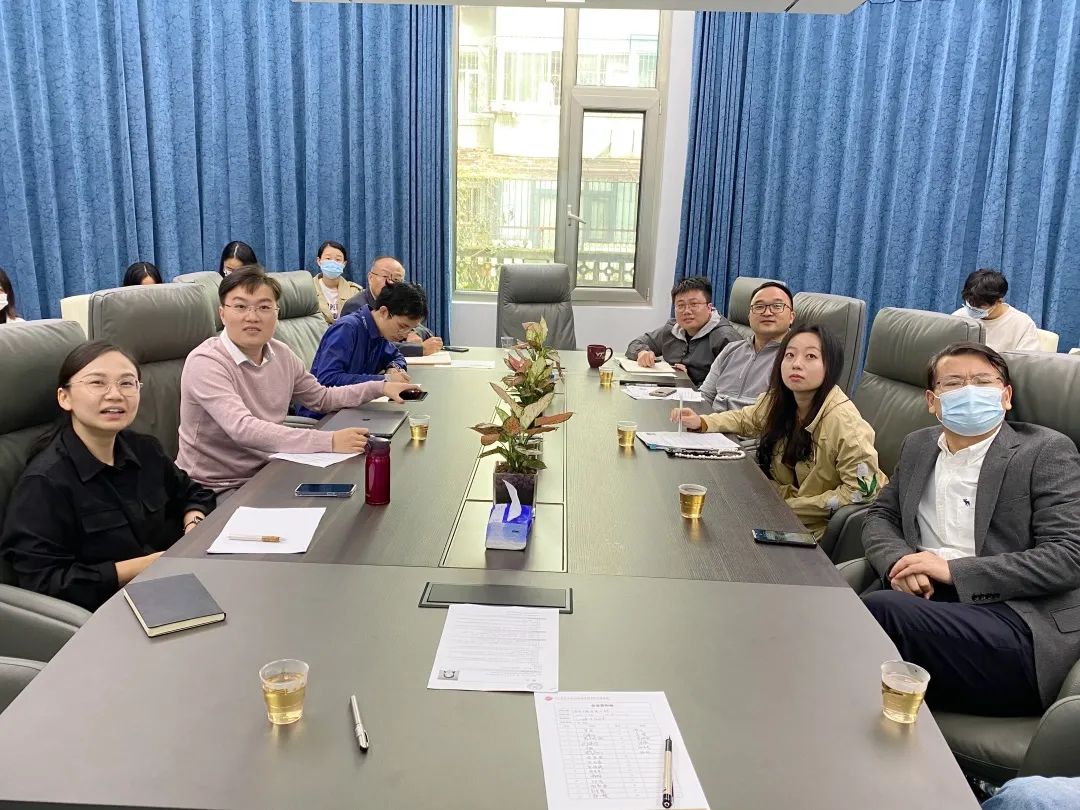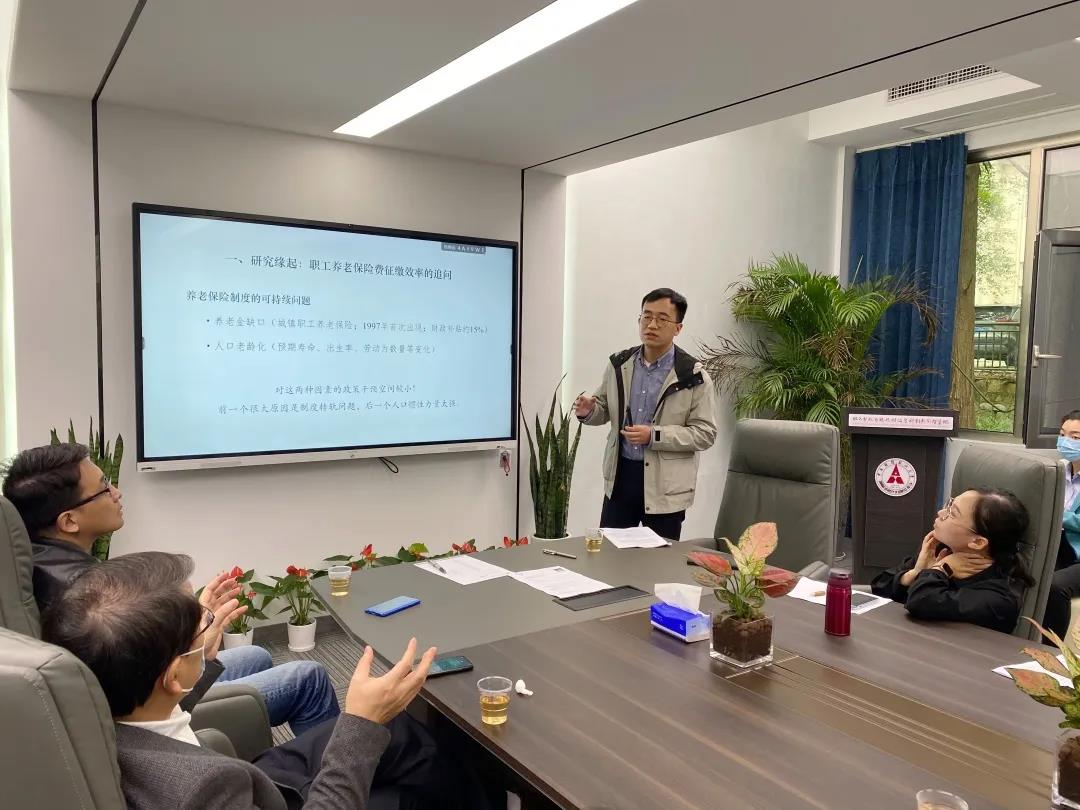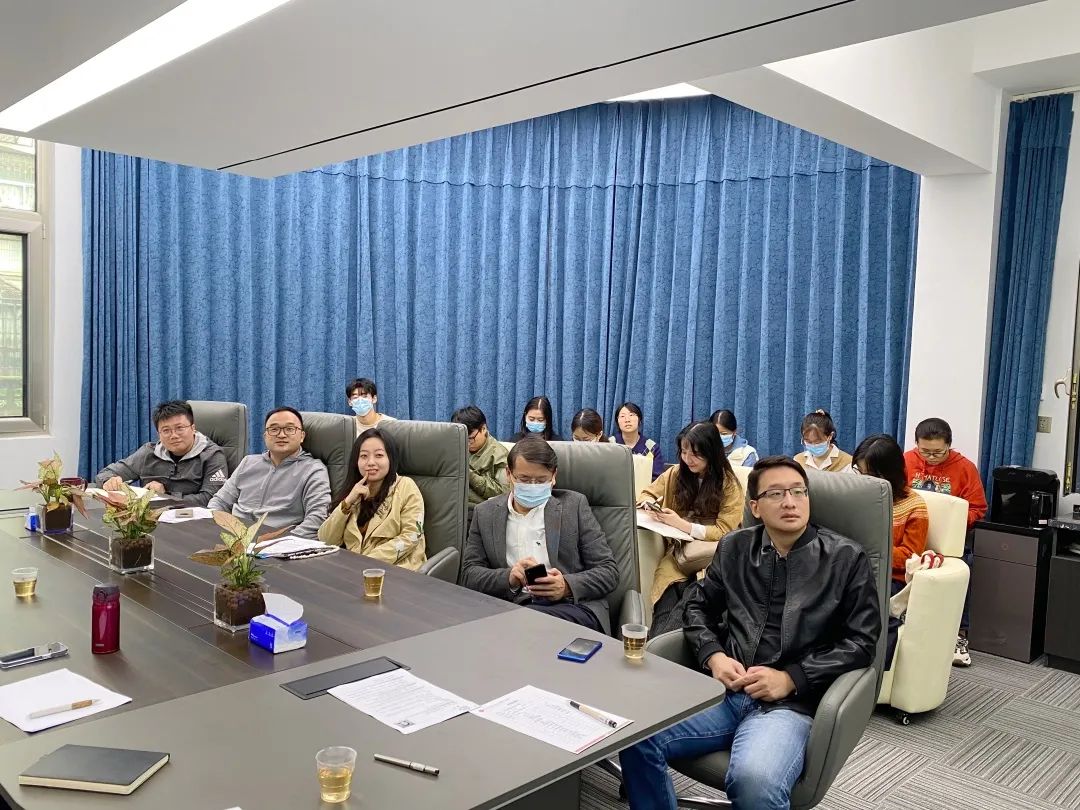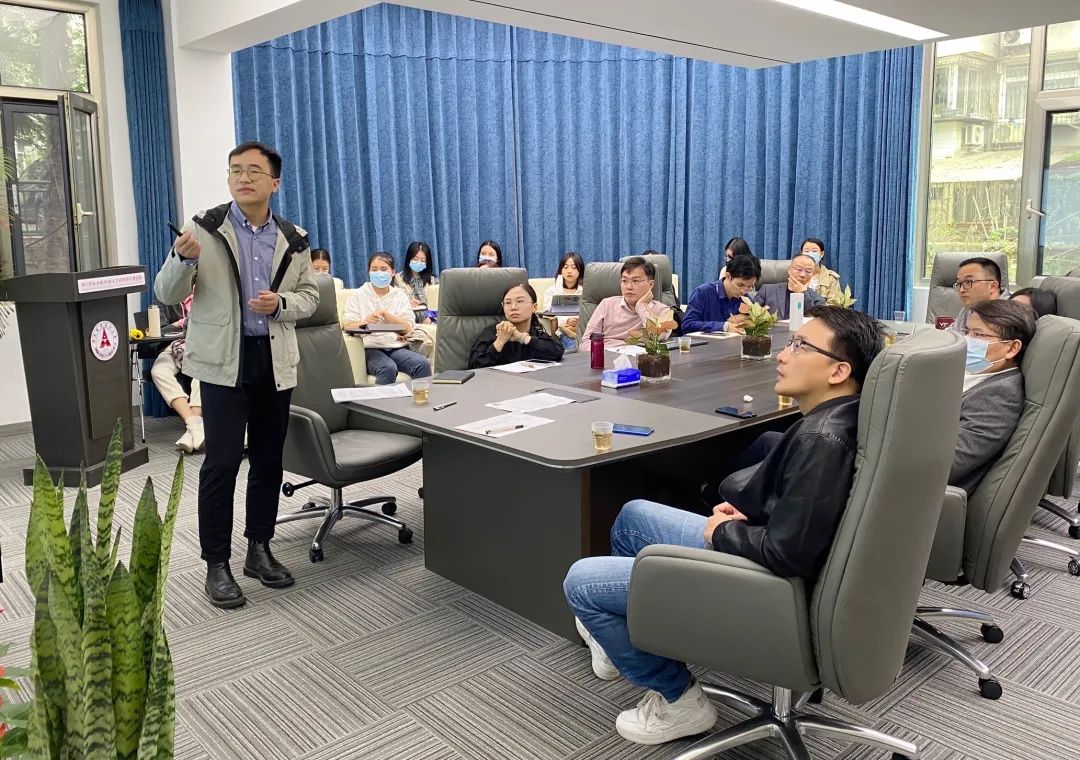The sixth Xi Xian Academic Luncheon was successfully held on 4 November 2021 in Conference Room 119 of Wenqin Building, co-organized by IIDPF and School of Public Finance. As the guest speaker of this academic luncheon, Dr. Liu Erpeng, researcher of IIDPF, gave an academic lecture entitled "Reform of the Contribution System and Efficiency of Pension Collection". This forum was chaired by researcher Dr. Wan Xin. More than forty students and faculty members, including Professor Zhang Kezhong, Dean of the School of Public Finance and Taxation and Deputy Director of the IIDPF, Professor Sun Qunli, Deputy Director, Professor Lu Yuanping, Executive Deputy Director, Professor Wu Lei and Professor Tian Binbin of the School of Public Finance and Taxation attended the academic luncheon.


  The low efficiency of collection has been a major constraint to the sustainable development of our pension system. The fact that the actual rates continue to be lower than the policy rates and that the system is becoming less and less balanced and sustainable has prompted us to reflect on the system itself. Based on this, Dr. Liu Erpeng used panel data from 31 provinces across China from 2011-2015 and employed various econometric methods to explore the impact of increasing the level of coordination, reforming the collection agencies and their interaction on the efficiency of pension collection, both in terms of national coordination and collection agencies. The empirical analysis finds that an increase in the level of employee pension insurance coordination significantly reduces the efficiency of regional contributions. At the level of the collection agency, the tax authorities have a higher efficiency in collecting pension insurance contributions than the social security authorities. A further analysis of this phenomenon reveals that the collection of pension contributions by the tax authorities helps to "dilute" the negative impact of the increased level of integration on the efficiency of pension contributions collection. The study also found that the "inverse" of the efficiency of regional employee pension insurance premium collection and economic level and fund affordability is prominent, with the higher the level of economic development and the more abundant the employee pension insurance fund balance, the lower the efficiency of pension insurance premium collection.

  In the communication session, students and faculty in the audience discussed in depth the issues of institutional transformation, the mismatch between financial and administrative powers, and the identification of cause and effect in empirical analysis. Dr. Liu Erpeng's study places the increase in the level of coordination and the reform of the collection agency within the same analytical framework to explore the impact of both on the efficiency of local government collection, providing forward-looking evidence on the inefficiency of collection that may result from national integration of pension insurance and contributing to a better understanding of the theoretical self-consistency between the merger of national and local tax agencies, national integration of pension insurance and the reform of the collection agency.


